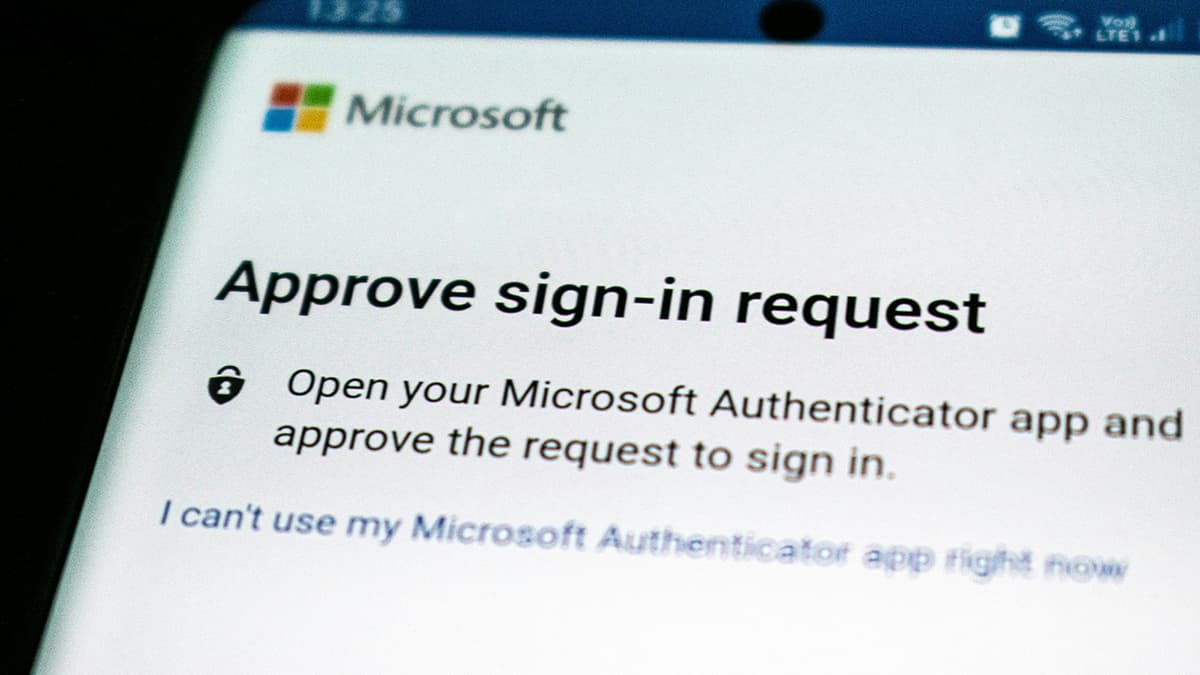Exploring the Many Types of Marketing
Marketing is everywhere. From print ads to online promotions, it is a diverse field. Businesses aim to capture the attention of potential customers in innovative ways. What types of marketing strategies do they use? This article outlines various types of marketing to help you understand their functions and effectiveness.
1. Traditional Marketing
Traditional marketing includes familiar methods such as print ads, TV commercials, billboards, and radio spots. Direct mailers and telemarketing are also part of this category. While these methods can effectively reach a broad audience, they can also be expensive.
2. Digital Marketing
Digital marketing leverages the internet and digital platforms to connect with customers. Key tactics include:
- Search Engine Optimization (SEO): Enhancing website visibility on search engines.
- Content Marketing: Producing valuable content to engage audiences.
- Email Marketing: Targeted emails to potential or existing customers.
- Online Advertising: Ads displayed on websites, search engines, and social media.
Digital marketing is adaptable and often more affordable than traditional marketing. It enables precise audience targeting and immediate performance feedback.
3. Social Media Marketing
Social media marketing focuses on platforms like Facebook, Instagram, and LinkedIn. Businesses create content and engage with users to build community. This approach fosters personal connections with the audience.
4. Influencer Marketing
Influencer marketing involves partnering with individuals who have a substantial following online. Businesses collaborate with influencers to promote products or services, leveraging their established trust with the audience. A single post from an influencer can significantly enhance sales, especially among younger demographics.
5. Content Marketing
Content marketing centers on producing valuable content to attract and retain a defined audience. This includes blog posts, eBooks, videos, and podcasts. The objective is to provide relevant information while building trust with the audience.
6. Email Marketing
Email marketing remains a fundamental component of digital marketing. Businesses send targeted emails to promote products or share valuable content. Personalization enhances effectiveness, with tailored emails performing better.
7. Affiliate Marketing
Affiliate marketing rewards individuals for driving traffic or sales to a business's website. Affiliates promote products and earn a commission for sales made through their referral links. This performance-based approach ensures businesses only pay for actual results.
8. Guerrilla Marketing
Guerrilla marketing employs unconventional tactics to capture attention. It can involve unique methods like flash mobs, street art, or creative videos. The aim is to create memorable experiences that stimulate word-of-mouth marketing.
9. Event Marketing
Event marketing promotes a brand, product, or service through in-person or virtual events. This includes trade shows, conferences, webinars, and product launches. Events allow businesses to interact directly with potential customers and gather immediate feedback.
10. Word of Mouth Marketing
Word of mouth marketing relies on customers sharing their experiences. This type of marketing is natural and effective, as people trust recommendations from friends and family. Businesses focus on delivering excellent products and services to inspire customer conversations.
11. Experiential Marketing
Experiential marketing creates immersive experiences that enable consumers to engage with a brand. This type aims to build emotional connections through real-world interactions. Examples include pop-up shops and interactive installations.
12. Public Relations (PR)
PR focuses on managing a brand's reputation and fostering relationships with the media and public. PR professionals work to secure positive coverage in news outlets, handle crises, and manage community interactions.
Businesses can choose from various ways to market their products, services, or brands. Each type of marketing offers unique strengths and can effectively reach different audiences. A mix of these strategies often forms a comprehensive marketing plan.












